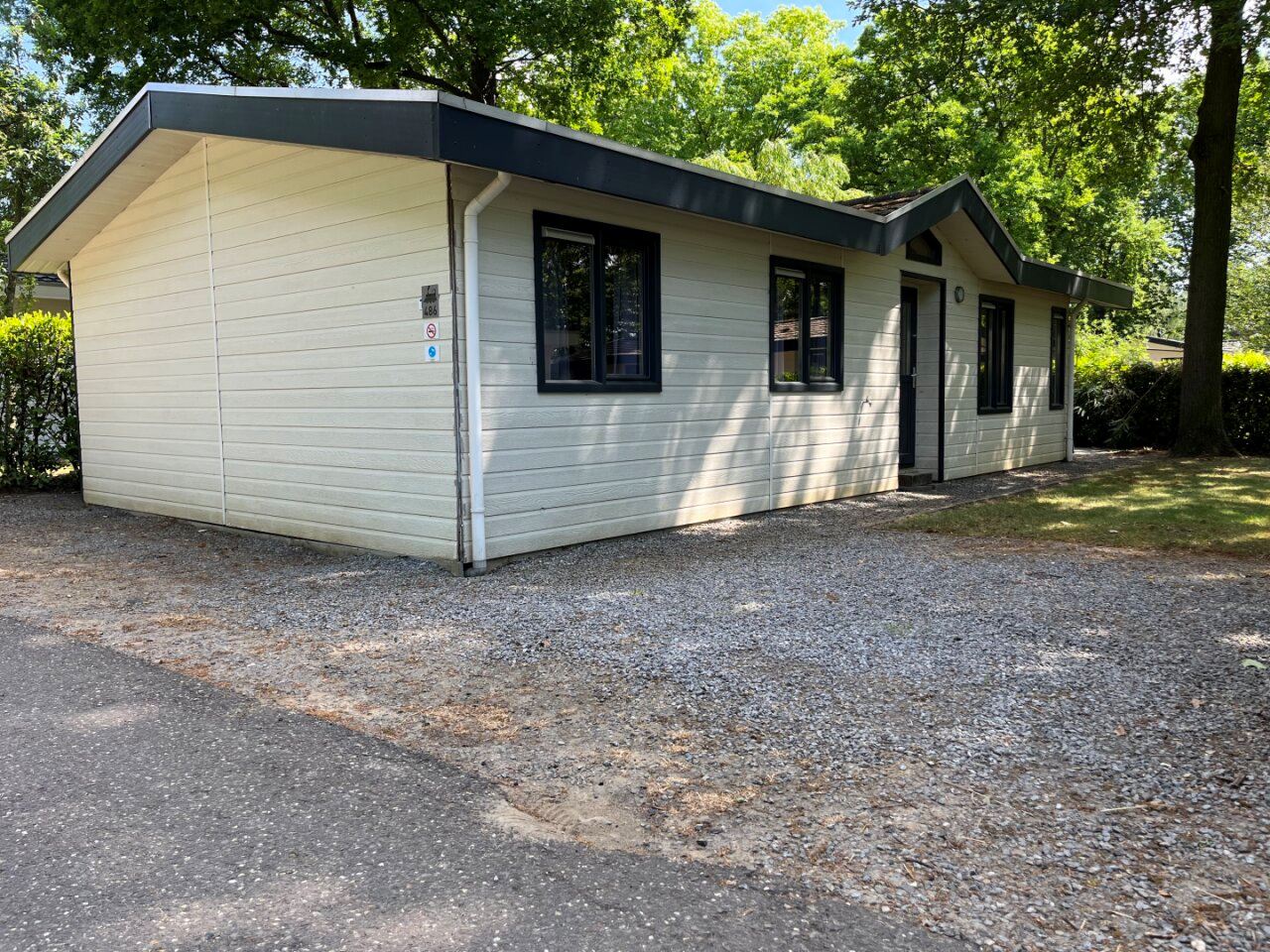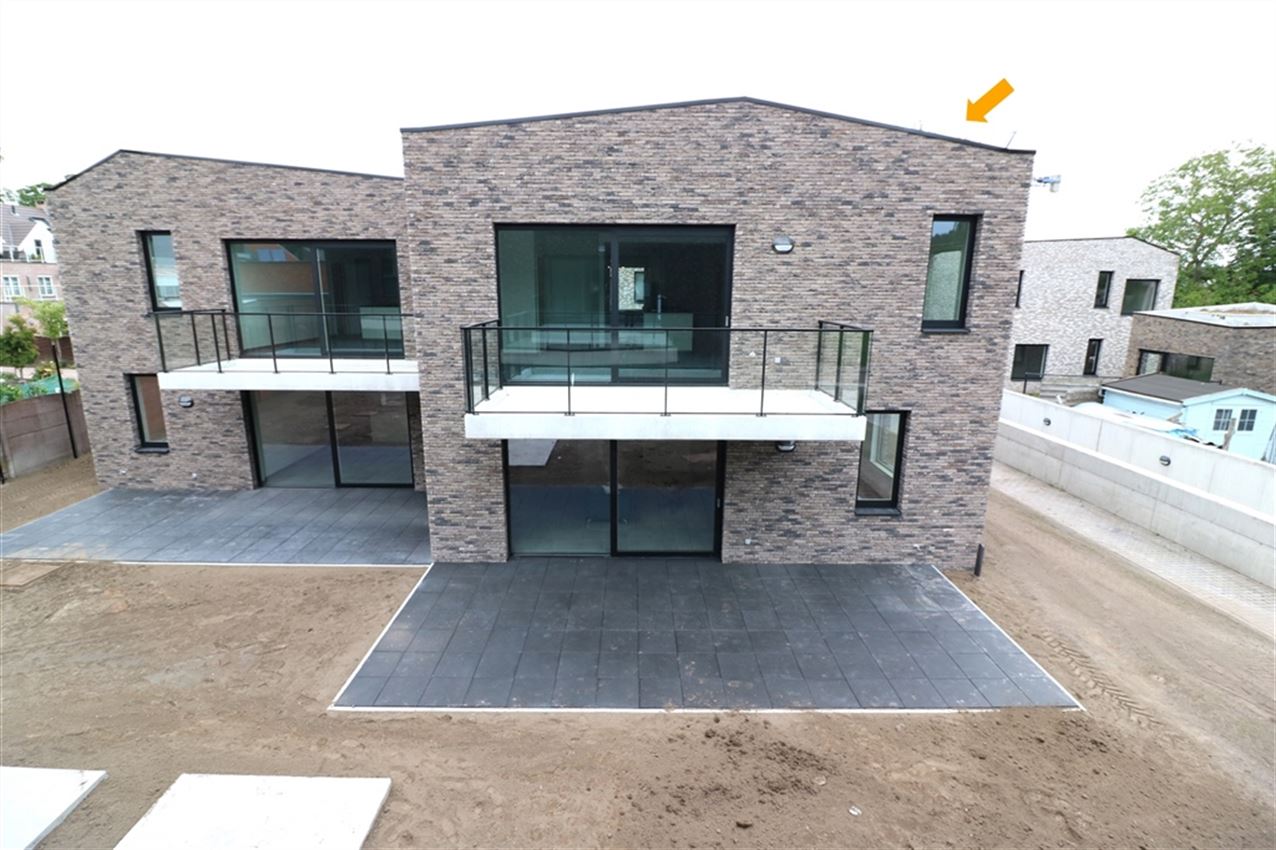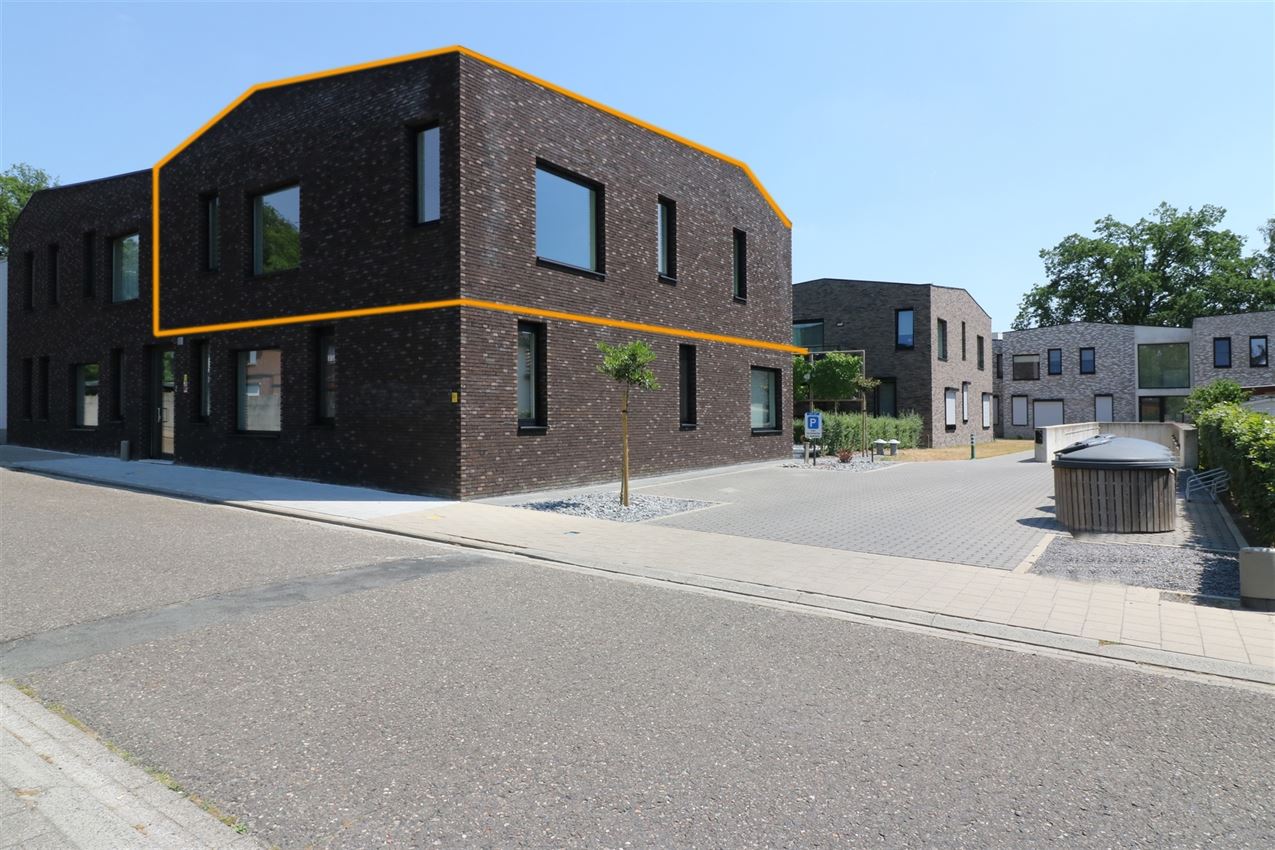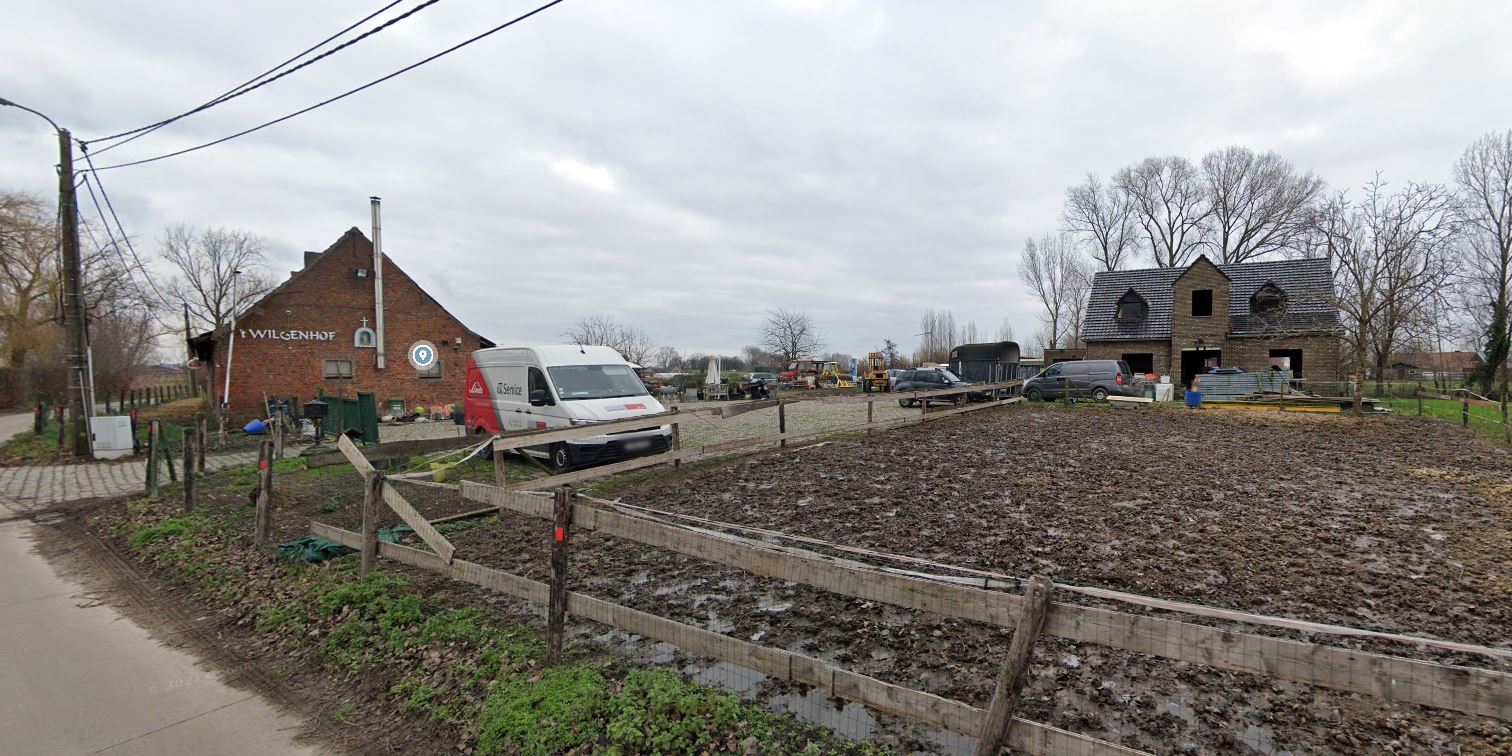Real Estate Market
Is it still more advantageous to buy a home today, or did increased interest rates on mortgage loans bring a shift to renting?
Until recently, buying a home was possible at very low interest rates, limiting the interest burden. Thanks to cheap loans, buying was often more interesting than renting. The long period of rock-bottom interest rates is behind us. Fixed interest rates over a 20-year term currently average 3.40 percent, figures from Immotheker Finotheker show.
68.8 percent of all Belgian households are homeowners and 31.2 percent are renters, according to the statistics agency Statbel. “Since interest rates have been rising, we have noticed especially that people are staying longer on the rental market,” said Kristophe Thijs, the communications director of the brokerage federation CIB Flanders.
“Young families are having a harder time buying because in today’s market the savings have to be bigger,” he says. “Banks are stricter in granting loans. That’s why people are putting off the search for a starter home a little longer.”
According to Thijs, the barrier to buying was lower when interest rates were low, but nowadays young families are not reluctant to rent. “They see rental housing as part of a flexible life. Renting makes it easier to move from one city to another.”
Housing prices have risen sharply in recent years and prices in the rental market also shot up. Those who buy a home must pay an average of 358,271 euros. A rental property in Flanders costs an average of 815 euros per month.
Purchasing a home involves additional costs, whereas a rental home does not. If you buy your only owner-occupied home, you will pay 3 percent registration tax. To that you must also add notary fees and you pay annual property taxes. Over time, there will be maintenance costs on the home.
Renting is often seen as a waste of money, but is it? The choice to buy or rent a home is very personal, depending on your needs. Some like to decide which kitchen is in their home, while others prefer the freedom of not being tied to a home.
The advantage of buying is that the money you spend on paying off the home stays within your patrimony. At the end, you own the property, which can be a great benefit when you are retired. The downside is that you must have saved up a hefty sum to buy a home, because you need a large amount of equity.
With the purchase of a home, you are also putting yourself in a fairly secure position. The intention is usually to live there for an extended period of time, so you have less flexibility to move. When renting, it’s just the other way around. Terminating a lease is smooth, you just need to take into account any notice period.
When purchasing a home, you must factor in that there will be costs over time. Certain things wear out over time and need to be renewed. For example, in time you may need to have a new heating system installed, update the bathroom or refresh the kitchen. The rule of thumb is that you spend an average of 1 percent of the value of the house on this every year.
On that front, renting is easier. A tenant can call their homeowner for those costs. The biggest drawback, though, is that the rent money is lost. An important note: typically the rent is less than the monthly installment for a home. Those who rent, therefore, have money left over to invest.
No black and white answer
From a financial standpoint, is it smartest now to buy a house or rent one? There is no black-and-white answer to that question. “You have to make a comparison between the wealth accumulated in both cases,” says Stéphane Trouvé, risk management expert at FWU Life Insurance. “Anyone who buys a house and borrows for it at 25 years will own that house at the end. The tenant who invests then has a diversified equity portfolio after that same period.”
Whether renting or buying is more advantageous depends greatly on the tenant’s investor sentiment. Trouvé made a number of simulations based on different returns. “Since 2005, global equities increased in value by about 8 percent per year on average and the face value of houses in Flanders increased by an average of 4 percent per year,” said Trouvé. “The question, of course, is whether those returns will be achieved in the future.”
KBC economist Johan Van Gompel assumes that real estate prices will rise 3 percent annually in the medium term. “Because the number of households will increase less over time, the pressure on the housing market is likely to decrease.”
‘Currently, by the way, real estate is 10 to 15 percent overvalued. That will be eliminated sooner or later in the long run,” Van Gompel said. “As homes become more and more qualitative – think sustainability – it makes sense that prices will continue to rise. But they will no longer rise as much as in recent years.”
In our simulation, in the base case, we consider a 3 percent annual increase in the housing market and a 6 percent return on equities. For the calculation, we use the average purchase price in Flanders of 358,000 euros and the average rent in Flanders of 815 euros per month.
Those who buy should consider additional costs such as registration fees, interest charges, property taxes, maintenance costs, debt balance insurance and other purchase costs. For debt balance insurance we assume a one-time premium of 4,000 euros, for property tax we charge 1,000 euros per year.
FRUGAL TENANT OR NOT?
Those who rent should only note that the rent may be indexed annually. We assume an annual indexation of 2 percent. The money he does not have to spend on equity and other expenses can be invested by the tenant.
The difference between the buyer’s charges and the rent can also be invested by the tenant each time. We examine several other situations in addition to the base case. It is immediately noticeable that who is best off in the end depends heavily on stock portfolio returns and the evolution of the housing market. “Everything hinges on the tenant’s frugality. He may as well like to put his money into travel and luxury, and then that ideal picture no longer applies,” Trouvé says. The baseline scenario shows that after 25 years, those who rent and invest accumulate equity of 974,000 euros, 224,000 euros more than those who buy a home. Who collected an equity of 750,000 euros. Besides the ideal scenario where a tenant seeks the perfect return in the stock markets, we also need to show what the situation is if he places the money in a savings account (scenario 1) . At an interest rate of 1 percent, a tenant will keep 374,000 euros after 25 years. Much less than those who invest in real estate and could accumulate equity of 750,000 euros at a 3 percent annual increase in the real estate market. In reality, a mixed picture often occurs. “Part of the capital is then invested in stocks, part in bonds and another part is parked in a savings account. Depending on the returns, the advantage may be renting one time and buying the next,” Trouvé concludes.
“Anyone who buys a house and borrows for it at 25 years is the owner of that house at the end. The tenant who invests then has a diversified equity portfolio after the same period” – Stéphane Trouvé, risk management expert at FWU Life Insurance
Real estate flashes 1931 – May 19, 2023 – CIB





